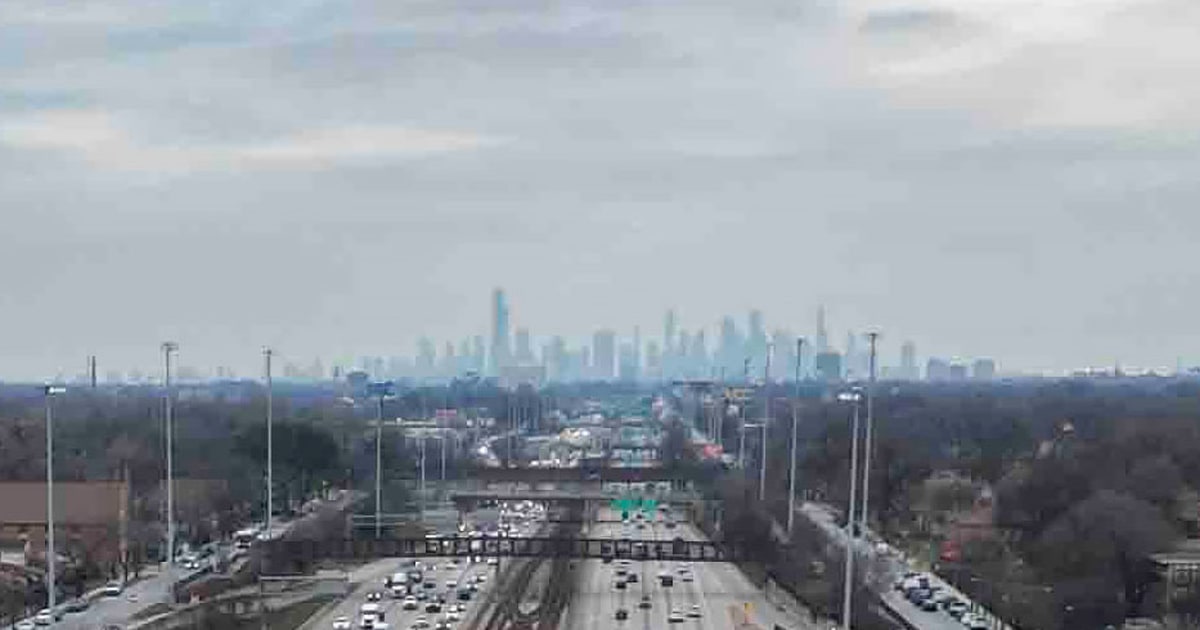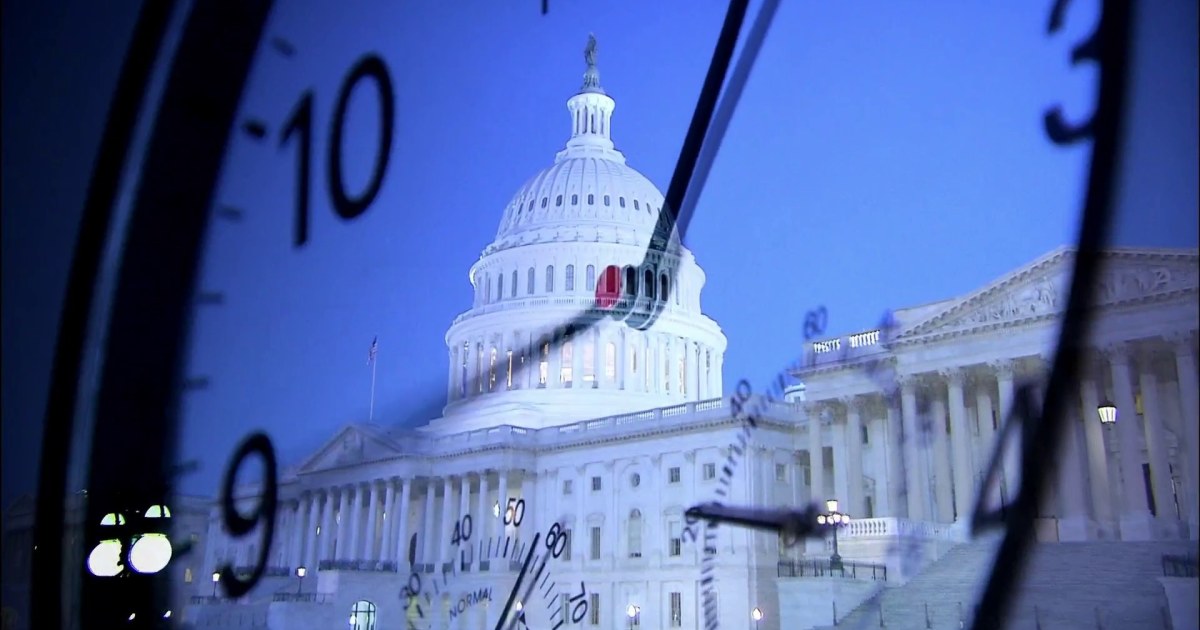The Trump administration announced Friday that the White House is putting $2.1 billion in funding for Chicago infrastructure projects on hold, the latest move to target Democratic-run cities during the government shutdown.
Source link
Savewith a NBCUniversal ProfileCreate your free profile or log in to save this articleOct. 3, 2025, 9:22 AM EDT / Updated Oct. 3, 2025, 9:30 AM EDTBy Rebecca ShabadWASHINGTON — The Trump administration announced Friday that it is putting $2.1 billion in funding for Chicago infrastructure projects on hold, the latest move to target Democratic-run cities during the government shutdown.The director of the Office of Management and Budget, Russell Vought, said in a post on X that the funding is for “specifically the Red Line Extension and the Red and Purple Modernization Project.” He said it has been “put on hold to ensure funding is not flowing via race-based contracting.”The Department of Transportation said the decision to pause the funding comes after it issued an interim final rule this week barring “race- and sex-based contracting requirements from federal grants.” It said it sent letters on Friday to the Chicago Transit Authority to notify officials that the projects “are under administrative review to determine whether any unconstitutional practices are occurring.””The American people don’t care what race or gender construction workers, pipefitters, or electricians are. They just want these massive projects finally built quickly and efficiently,” the department said in its announcement. It added that the government shutdown “has negatively affected the Department’s staffing resources for carrying out this important analysis.””We urge Democrats in Congress to stop holding the federal government’s budget hostage so USDOT can get back to the important work of the American people,” the department’s release said.Illinois Gov. JB Pritzker’s office didn’t immediately respond to a request for comment.President Donald Trump and administration officials warned that they planned to target programs favored by Democrats during the government shutdown. The White House didn’t respond to a request for comment on what cities the administration might be planning to target next, referring NBC News to the Office of Management and Budget for further information.The halt in Chicago rail project money comes after Vought announced on Wednesday, the first day of the government shutdown, that the administration was putting $18 billion for two infrastructure projects in New York City on hold. They include a new commuter rail tunnel under the Hudson River and an expansion of the Second Avenue subway line. Freezing money for the projects stands to impact constituents of Senate Minority Leader Chuck Schumer and House Minority Leader Hakeem Jeffries, who are leading the Democratic opposition in Congress to the Republican short-term government funding bills.Separately, the Department of Energy announced Thursday that it was terminating $7.56 billion in financial awards for 223 energy-related projects. Democrats on the House Appropriations Committee said that the funding targeted 16 Democratic-led states, including 108 congressional districts represented by Democrats and 28 represented by Republicans.Rebecca ShabadRebecca Shabad is a politics reporter for NBC News based in Washington.Jay Blackman contributed.




